Theresa May terror control system 'strong'
- Published
Home Secretary Theresa May: ''The police and security service have confirmed that they do not believe that this man poses a direct threat to the public in the UK''
The home secretary has insisted the system for dealing with terror suspects is "strong and sustainable".
It comes after a suspect, who was subject to an order restricting his movements, absconded from a London mosque disguised as a woman in a burka.
Mohammed Ahmed Mohamed, 27, is the second suspect under a so-called TPim order to go missing in under a year.
Shadow home secretary Yvette Cooper said changes to controls on suspects had made it easier for them to vanish.
Somali-born Mr Mohamed entered the mosque in Acton, west London, in western-style clothes, but was seen on CCTV leaving with his face and body fully covered by a burka.
It follows the disappearance of Ibrahim Magag in December, who absconded in a black cab after ripping off his electronic tag.
Mr Mohamed, who has been linked to the Somali militant group al-Shabab, was subject to a terrorism prevention and investigation measures (TPim) notice, which is aimed at protecting the public from people the home secretary believes to have engaged in terrorism-related activity but who it is not deemed feasible to prosecute or deport.
Theresa May told MPs: "Even if we wanted to go back to the days of control orders, we would not be able to do so.
"The powers available under control orders were being steadily eroded by the courts and the system was becoming unviable. Unlike control orders, TPims have been upheld consistently by the courts so we now have a strong and sustainable legal framework to handle terror suspects.
"The police and the security services have always said that there has been no substantial risk since the introduction of TPims."
Ms Cooper said the home secretary had made it easier for serious terror suspects to disappear, which was "irresponsible".
"She was warned about changing the law, she was warned about weakening controls, she was warned more people would abscond and they have - twice -but still she won't act. The question on everyone's lips is how many more warnings does this home secretary need?," she said.
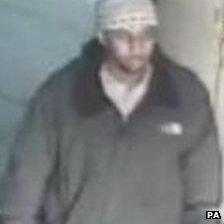
Police released CCTV images of Mr Mohamed arriving at the mosque...
Mrs May said Mr Mohamed's tag was thought to have be working correctly: "I have been advised that this abscond has not raised any new operational issues with the tags."
Prime Minister David Cameron said TPims "do work" but when there was a problem the government needed to "act very, very quickly and get on top of it and we will".
BBC political correspondent Norman Smith said what was extraordinary was that Theresa May had been entirely un-contrite about what had happened, insisting there was not going to be a return to control orders. He added that what was even more striking was the lack of a backlash from her own backbenchers.
Mr Mohamed, 27, arrived at the An-Noor Masjid and Community Centre, in Church Road, Acton, at approximately 10:00 GMT on Friday, and was seen inside at 15:15 GMT.
A Scotland Yard spokesman said: "The Counter Terrorism Command immediately launched inquiries to trace Mr Mohamed and these continue.
"Ports and borders were notified with his photograph and details circulated nationally. Public safety remains our priority."
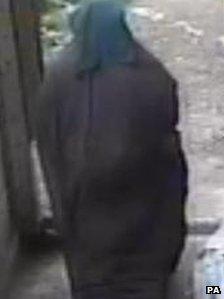
... and leaving the mosque
Lib Dem peer Lord Carlile, the former reviewer of anti-terror laws, said: "We were assured by the government that extra money would be spent on surveillance to ensure that exactly this kind of event did not occur.
"Yet the person concerned was able to walk in the front door of a mosque as a man and out through another door as a woman, on CCTV which was not seen, apparently, by the authorities."
The court-approved TPim orders include a requirement that their subjects report daily to the authorities, stay overnight at a specified address, wear a GPS tag, and face restrictions on travel, movement, association and communication.
They were introduced in January 2012 to replace control orders, which had been in place for seven years and also included the power to relocate suspects.
When the TPims order was obtained, Mr Mohamed was said to have received terrorist training in Somalia and fought on the front line in support of al-Shabab.
Court documents also say he supported a UK-based network supporting terrorist-related activity in Somalia and had been involved in attack planning against Western interests in east Africa.
A spokesman for the mosque in Acton said: "The recent incident bears no semblance to the work we do as an organisation for the development of the community at large."
- Published4 November 2013
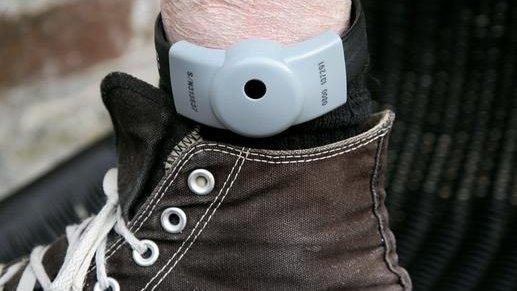
- Published4 November 2013
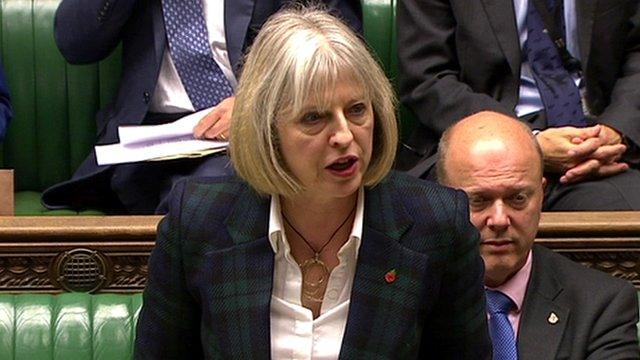
- Published22 December 2017
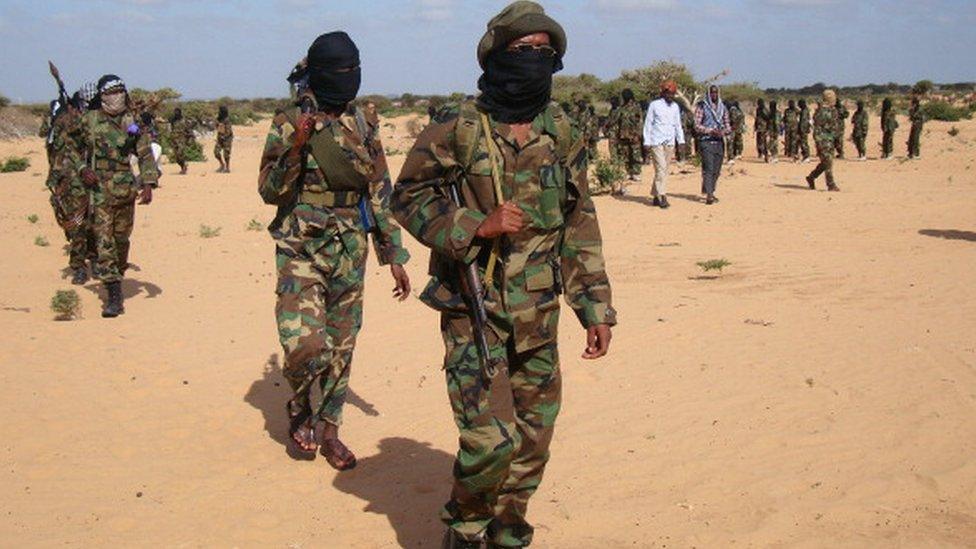
- Published1 November 2013
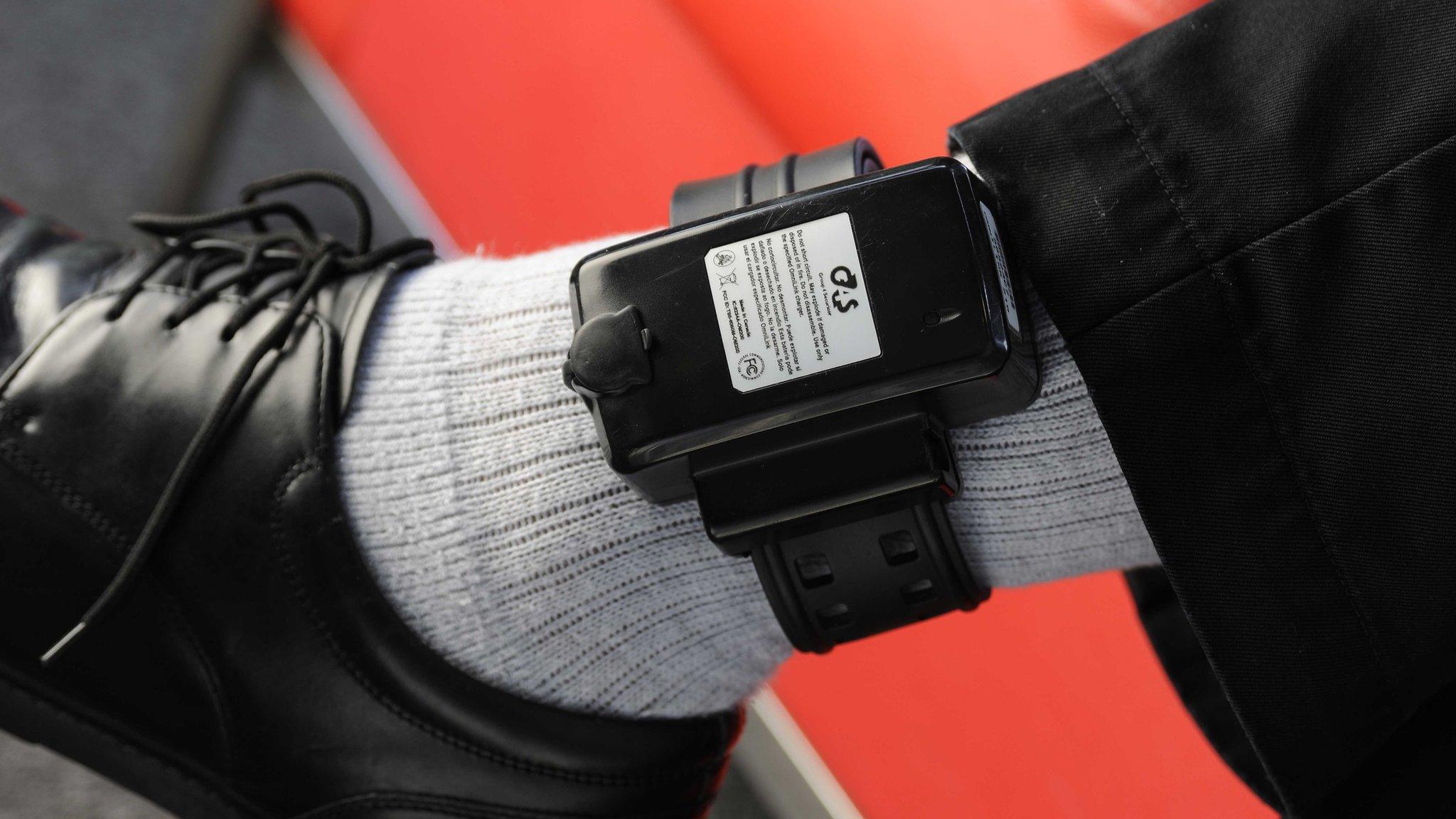
- Published14 March 2013
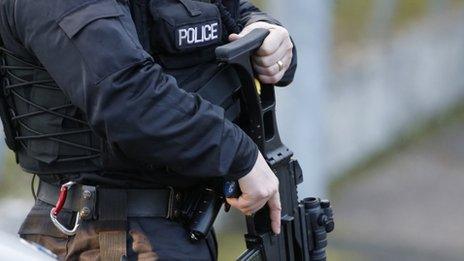
- Published11 February 2013
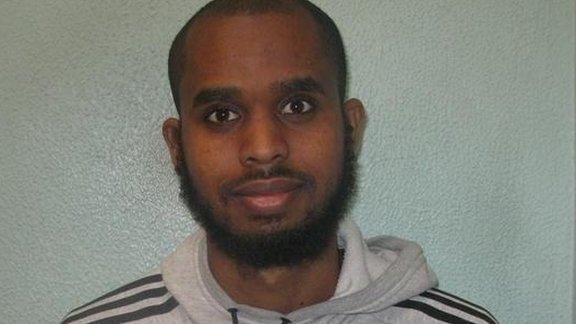
- Published25 January 2012
